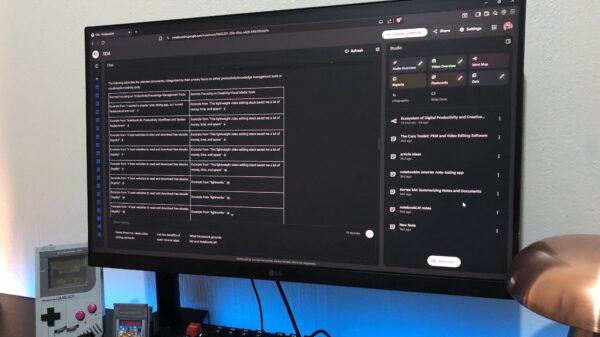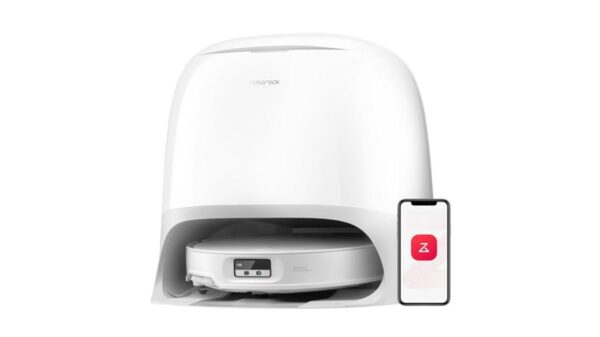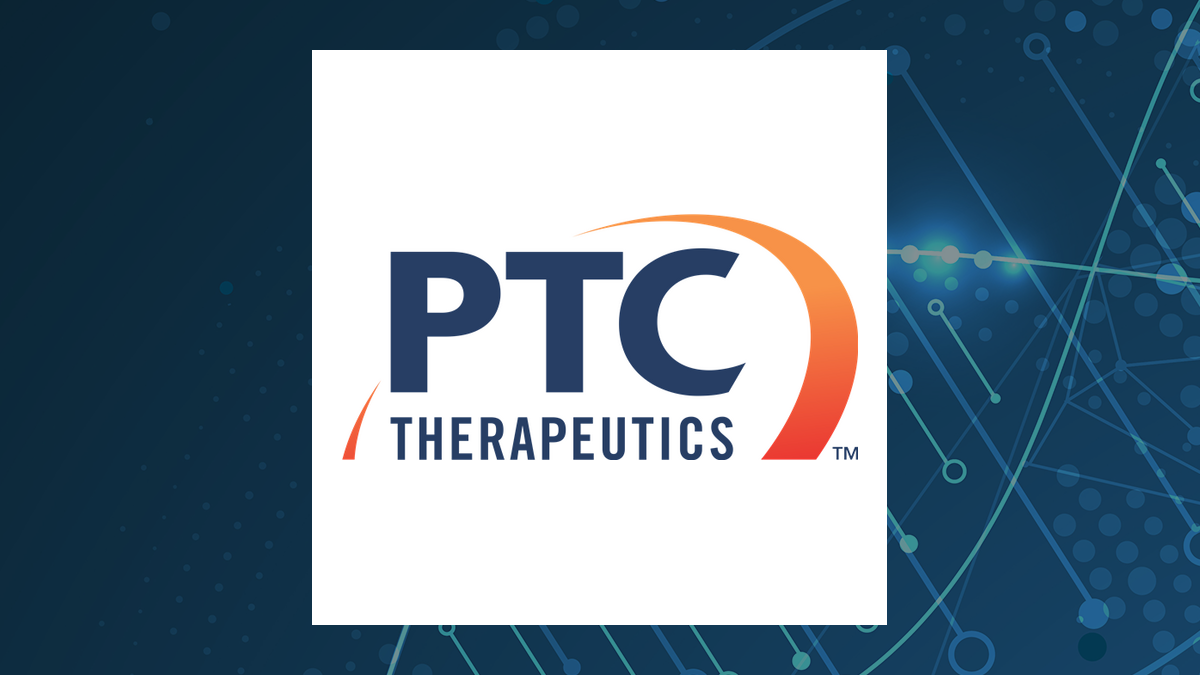Investors are weighing the merits of two mid-cap biopharmaceutical companies: PTC Therapeutics and Cytokinetics. Both firms operate in the medical sector, yet their strategies and financial performances differ significantly. This article examines key factors such as risk, valuation, analyst recommendations, and profitability to determine which company presents a more attractive investment opportunity.
Financial Performance and Profitability
When comparing the financial health of PTC Therapeutics and Cytokinetics, several metrics stand out. PTC Therapeutics has reported a higher revenue and net earnings than Cytokinetics. Specifically, PTC’s revenue figures are bolstered by its established product line, including Translarna and Emflaza, which target rare genetic disorders.
In terms of profitability, PTC Therapeutics boasts stronger net margins, return on equity, and return on assets, indicating a more efficient use of its resources. In contrast, Cytokinetics has been developing its pipeline of muscle activators and inhibitors, such as omecamtiv mecarbil for heart failure, which has yet to yield similar financial results.
Valuation and Analyst Ratings
Valuation metrics reveal that Cytokinetics is currently trading at a lower price-to-earnings ratio than PTC Therapeutics. This could suggest that Cytokinetics is more affordable for potential investors, despite its lesser revenue. According to data from MarketBeat.com, both companies have received a mix of ratings from analysts, though PTC Therapeutics has outperformed Cytokinetics in seven of the twelve factors evaluated.
The volatility of their stock prices also merits consideration. PTC Therapeutics has a beta of 0.6, indicating its stock is approximately 40% less volatile than the S&P 500. In comparison, Cytokinetics has a beta of 0.58, making it 42% less volatile than the benchmark, suggesting both companies offer relative stability in uncertain market conditions.
Company Overviews
PTC Therapeutics, Inc., headquartered in South Plainfield, New Jersey, focuses on the discovery, development, and commercialization of treatments for rare disorders. Its product offerings include Upstaza for a central nervous system disorder and Evrysdi for spinal muscular atrophy. The company’s pipeline also includes potential treatments for Huntington’s disease and Friedreich ataxia. Established in 1998, PTC maintains collaborations with major organizations like F. Hoffman-La Roche Ltd and the SMA Foundation.
On the other hand, Cytokinetics, Incorporated is based in South San Francisco, California, and concentrates on developing treatments that enhance muscle function. Its drug candidates include CK-136 and aficamten, both in various phases of clinical trials. Founded in 1997, Cytokinetics has formed strategic alliances, including one with Ji Xing Pharmaceuticals Limited, to enhance its research and development efforts.
In conclusion, while PTC Therapeutics exhibits stronger current profitability and performance metrics, Cytokinetics presents a potentially lower-cost investment with an intriguing drug pipeline. Investors must weigh these factors carefully, considering their risk tolerance and investment strategy before making decisions.






































































